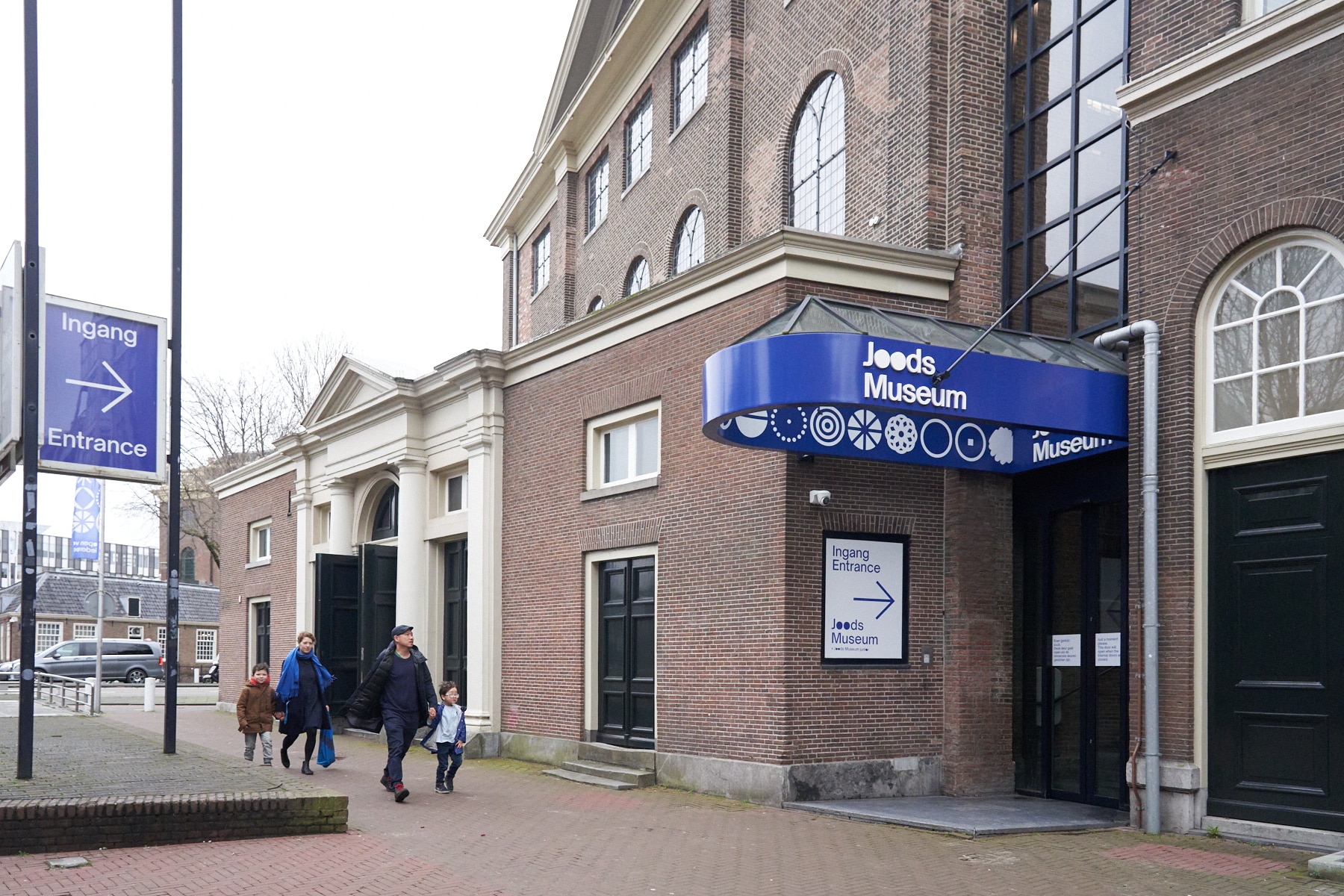 Conference
Conference
Annual Conference 2024 in Amsterdam
From Crisis to Creativity: Resilience and Renewal in Jewish Museums This year’s conference, hosted by the Jewish Cultural Quarter Amsterdam, will…
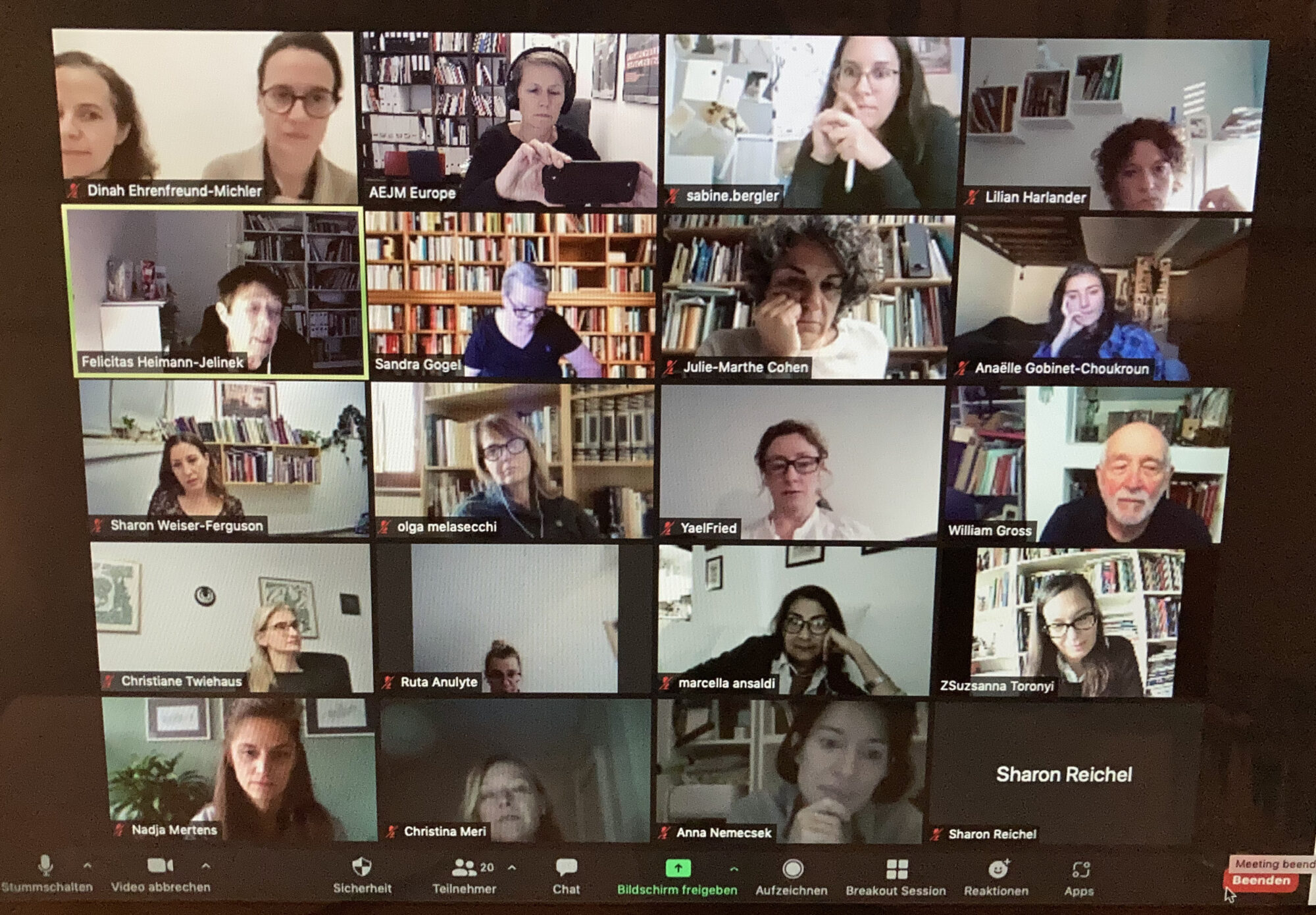
Webinar 2020 Programme
In 2020, AEJM and Jewish Museum Munich launched the new Curatorial Education Program (CEP) for Jewish museum professionals. The CEP is a joint project of AEJM and the Jewish Museum Munich, financed by the German Federal Foreign Office. The first activity that was scheduled for April (seminar in Hamburg) and the second for September (study visit to Stockholm) had to be canceled due to the COVID-19 pandemic.
Meanwhile we have received the news that the amendment of our original application for the 2020 CEPs was approved by the German Foreign Office. We are therefore pleased to offer a webinar as a replacement for our classic CEP.
The online CEP will take place from Oct. 12 to Oct. 16. 2020, starting on Monday 09:30 AM, ending around 3:00 PM on Friday.
The CEP Webinar will have two thematic blocks:
The AEJM online meeting for curators with a focus on provenance research, organized by Christina Meri, is scheduled for October 14th, 3:00 PM. This meeting will form an integral part of the CEP program.
Deadline for registration for the CEP Webinar is September 4th, 2020.
In order to make the results of our CEPs more visible and transparent for all AEJM members, but also to make our work comprehensible for the German donor, the Foreign Ministry, we want to publish our joint research results on the AEJM website in the future. For all participants and for us as editors this means a little more effort than in the past, but we will certainly all benefit from this.
Click here to view the CEP Webinar 2020 Programme.
Webinar 2020 Results
Topics and theses of German Judaica researchers on the pre-war period. Examples from the collections:
Most important pioneers of research into the material Jewish cultural heritage were German-speaking researchers who published relevant articles and monographs from the end of the 19th century up to the interwar period, which are still only available in German today and are therefore not accessible to many students, researchers and thus also employees of Jewish museums, but should actually belong to the canon of Judaica research. We have compiled a collection of articles and excerpts from larger publications, which were translated into English during the summer and sent to the participants for reading. These texts formed the basis for the first focus of the seminar. Participants were asked to read one or more of the translated articles in pairs, summarize the most important theses and question their validity for today. The topic of the articles was illustrated by two objects from the respective collections and presented during the webinar.
The translations into English are herewith made available publicly and can be found here. The original articles (in German) can be found on this page.
The essays of the participants are available to all AEJM members, and can be found below.
In addition, the biographies of some of the women and men who wrote these groundbreaking texts are included, as well as two contributions by Felicitas Heimann-Jelinek, which deal with two classics of Judaica research.
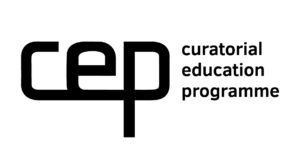
 Conference
Conference
From Crisis to Creativity: Resilience and Renewal in Jewish Museums This year’s conference, hosted by the Jewish Cultural Quarter Amsterdam, will…
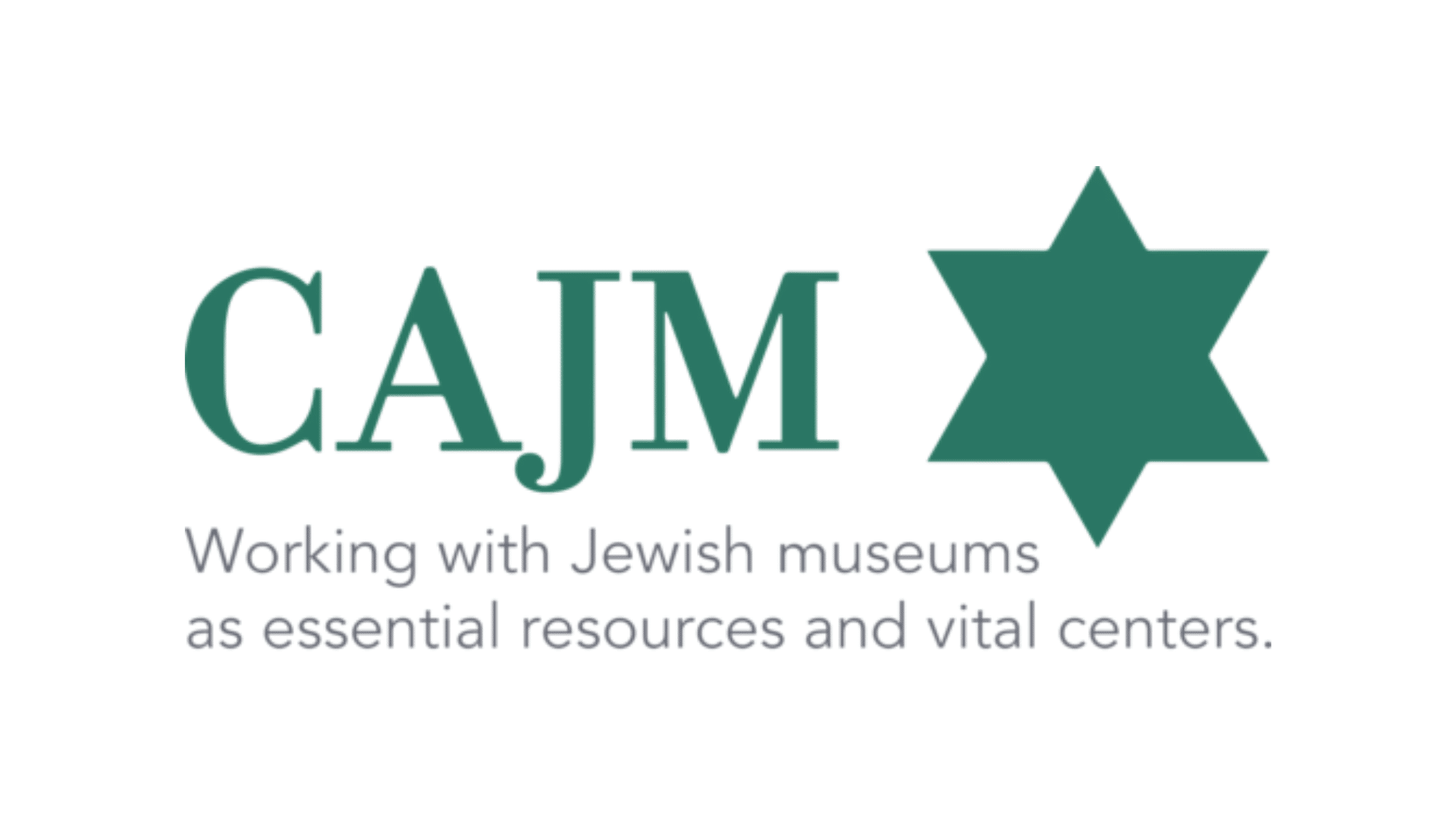 Related
Related
Our friends at CAJM are hosting their annual conference in Washington D.C. and Baltimore from May 14-16. You can find the conference program and purchase…
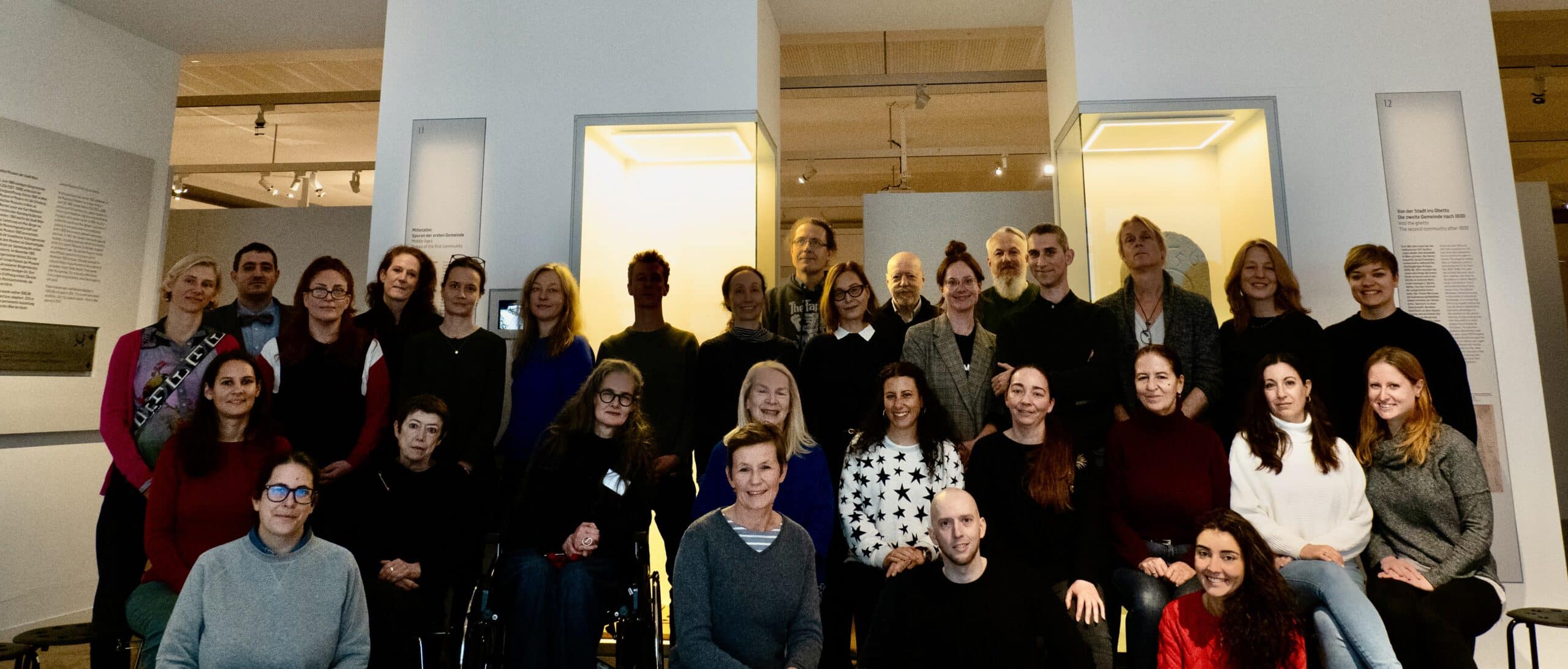
The AEJM Curatorial Education Program 2022 took place from November 14th until November 18th. Our home base was Vienna, and the…
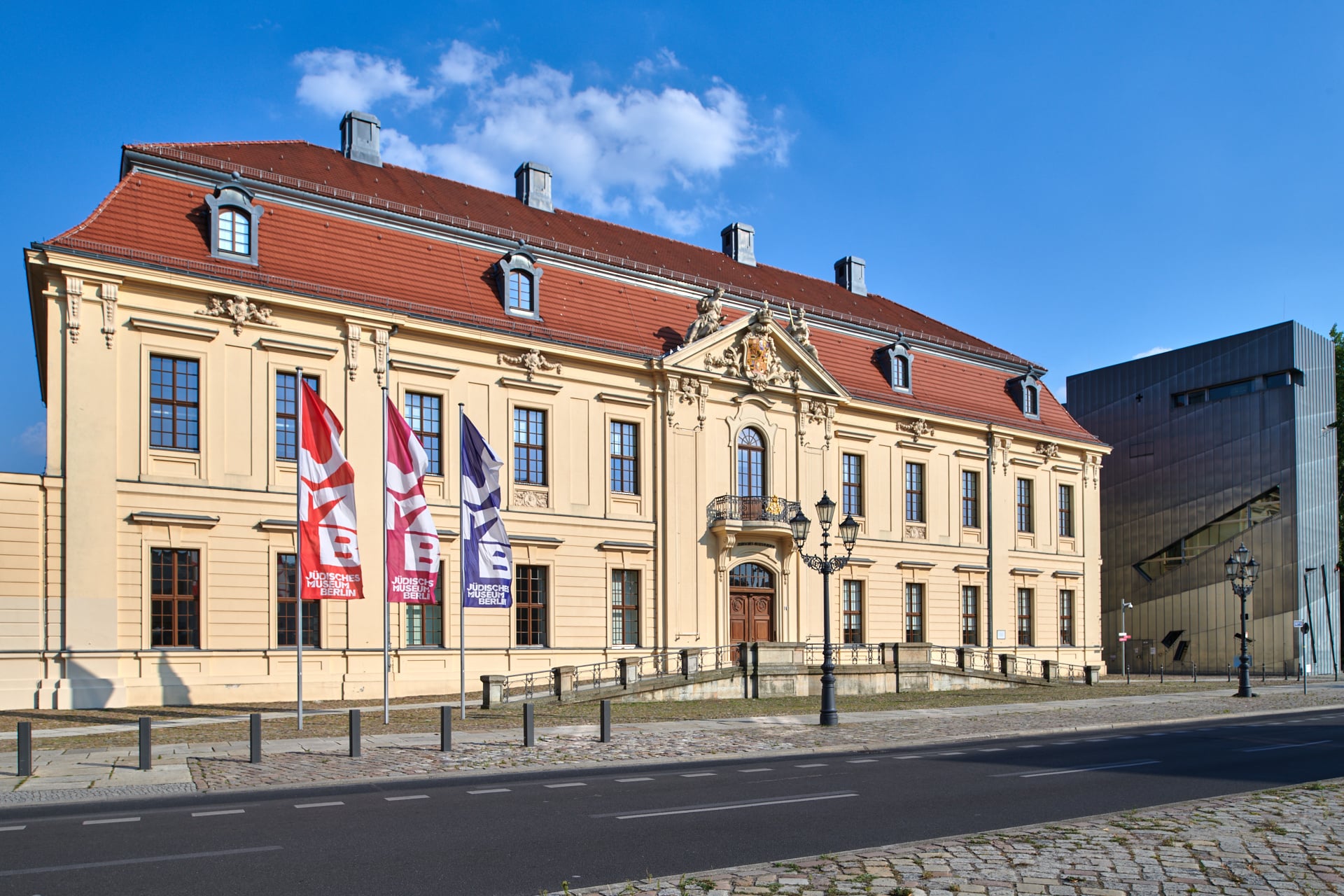
AEJM’s upcoming Annual Conference will take place in Berlin and is being hosted by the Jewish Museum Berlin. This year’s conference…
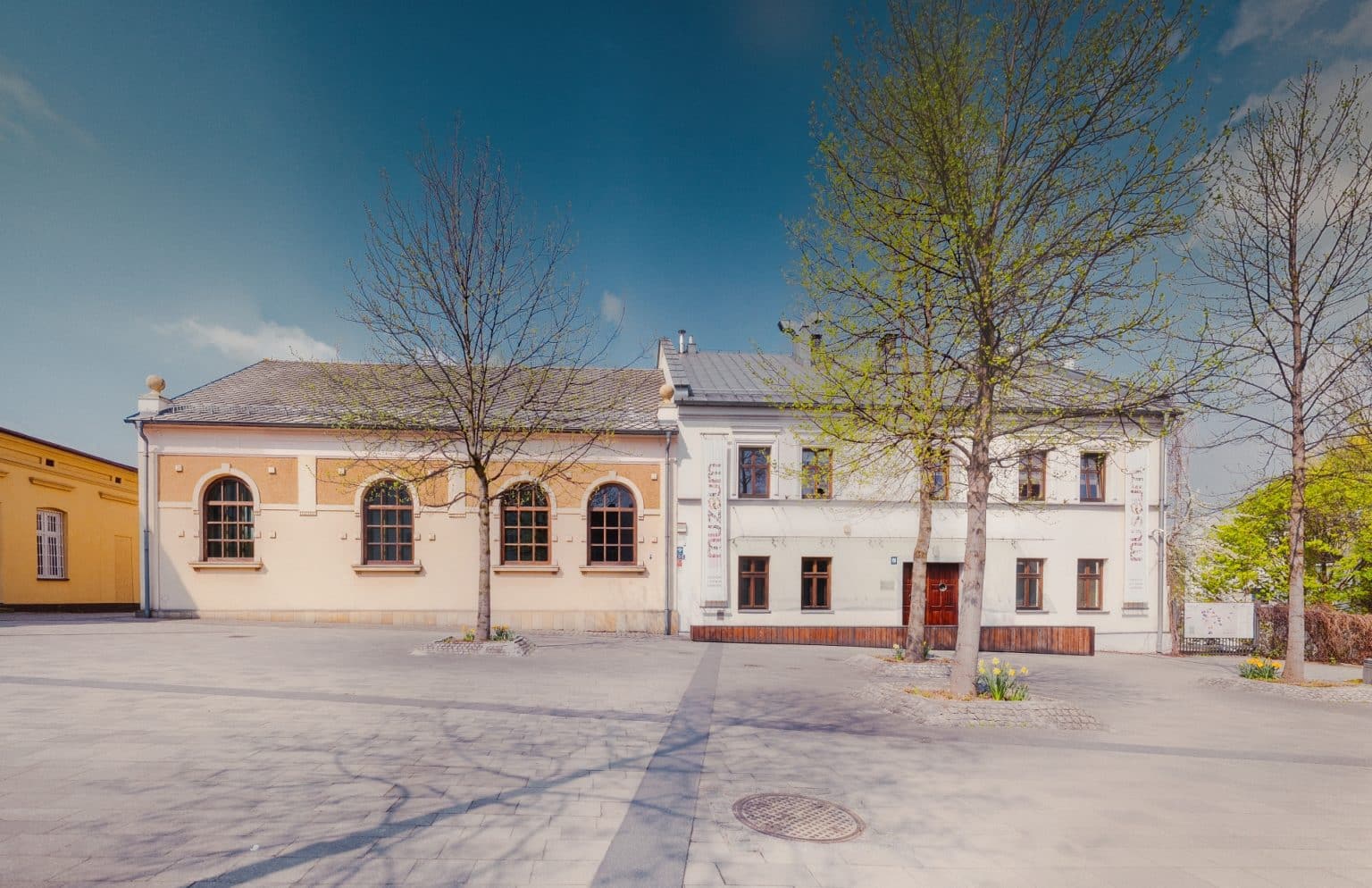
In this MEST Get to Know session, the educational team from the Oshpitzin Jewish Museum in Oświęcim (Poland) will present their…
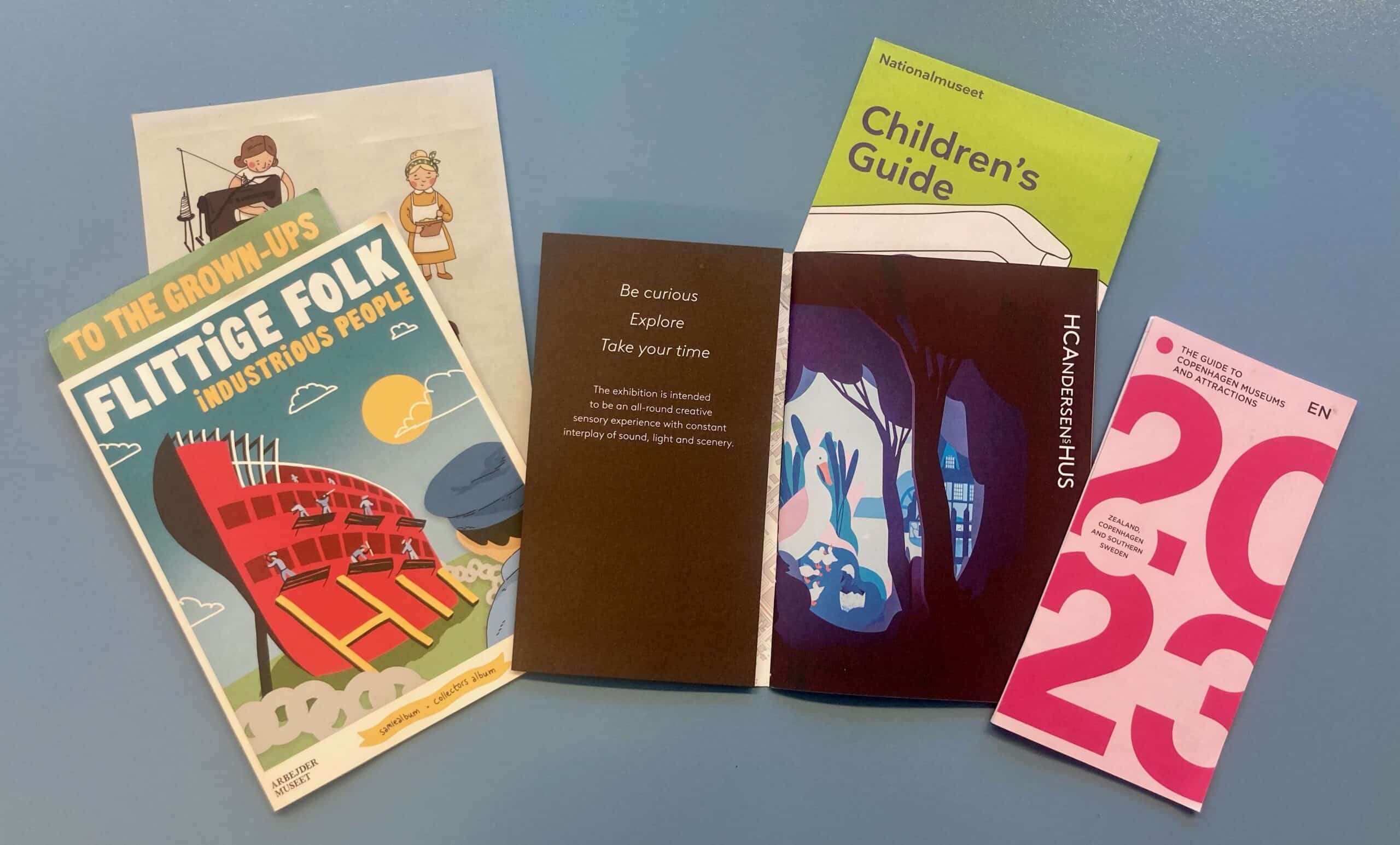 Upcoming Educational
Upcoming Educational
The AEJM MEST study visit for museum educators will take place from 12 until 14 June. Join an exciting 3-day program…